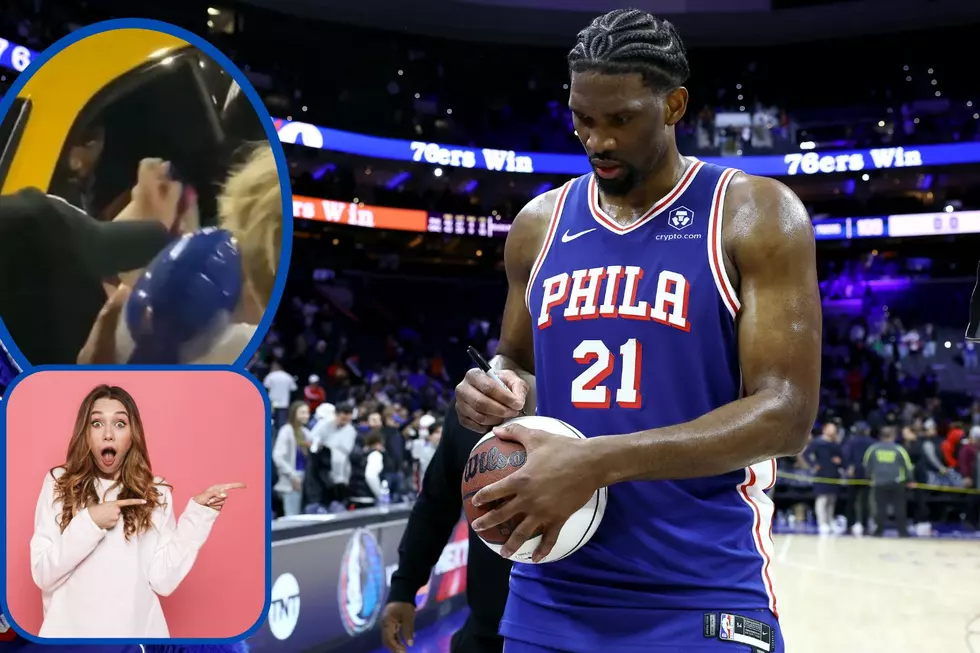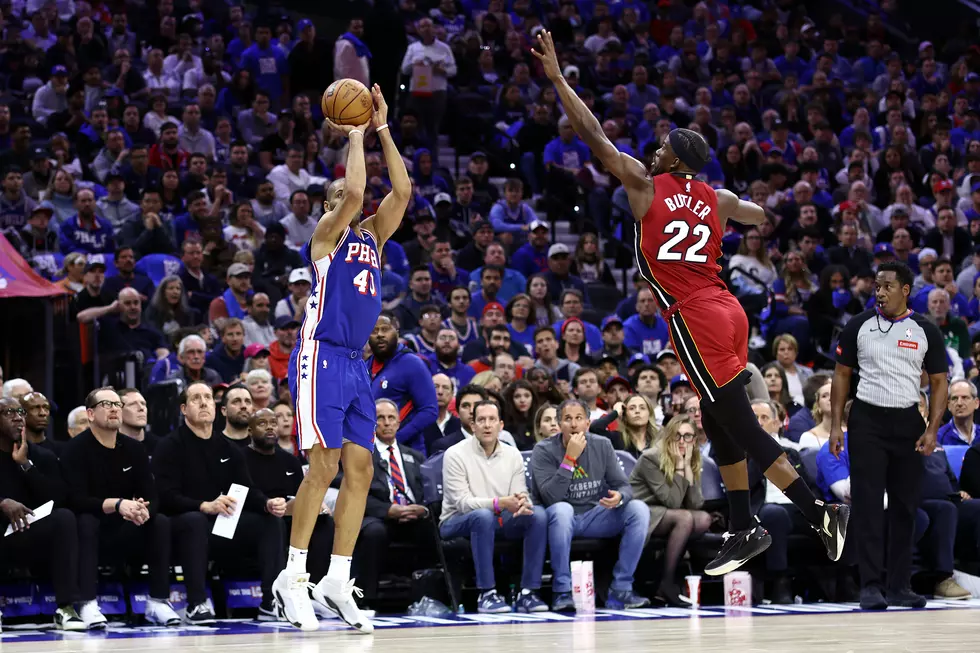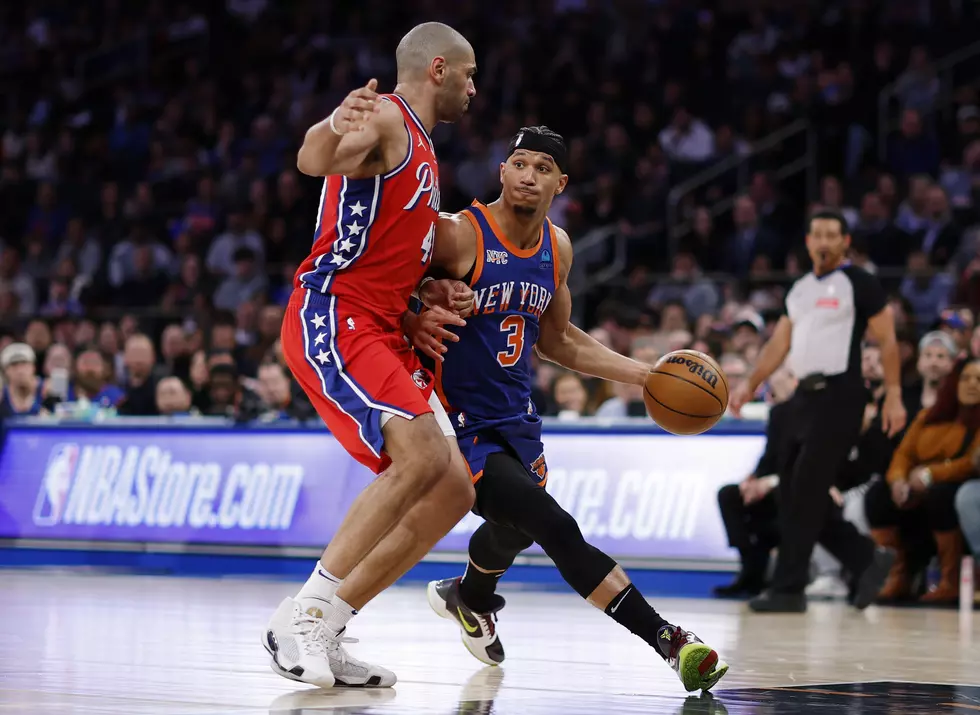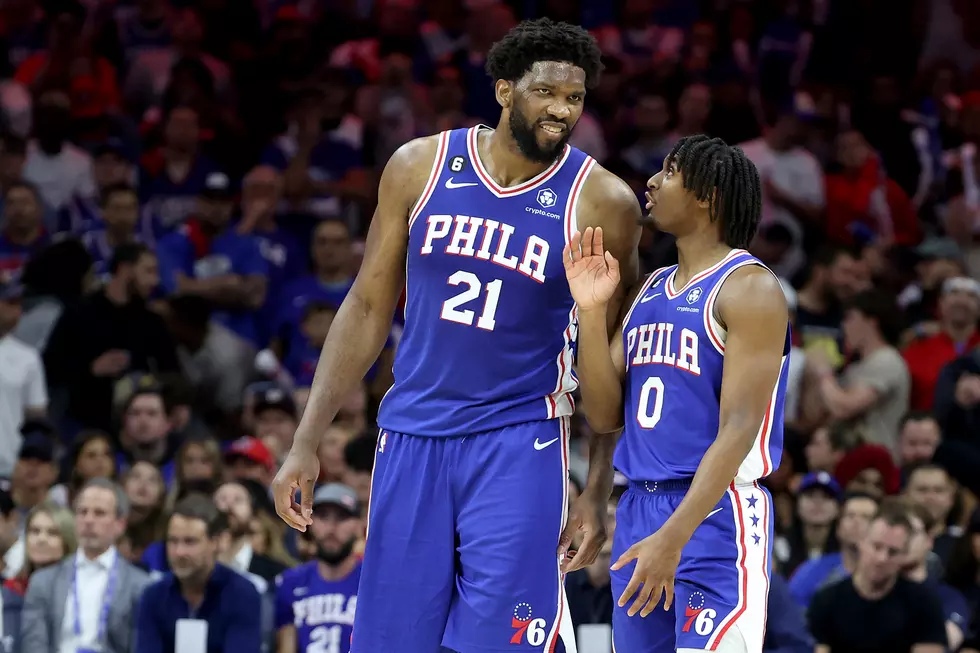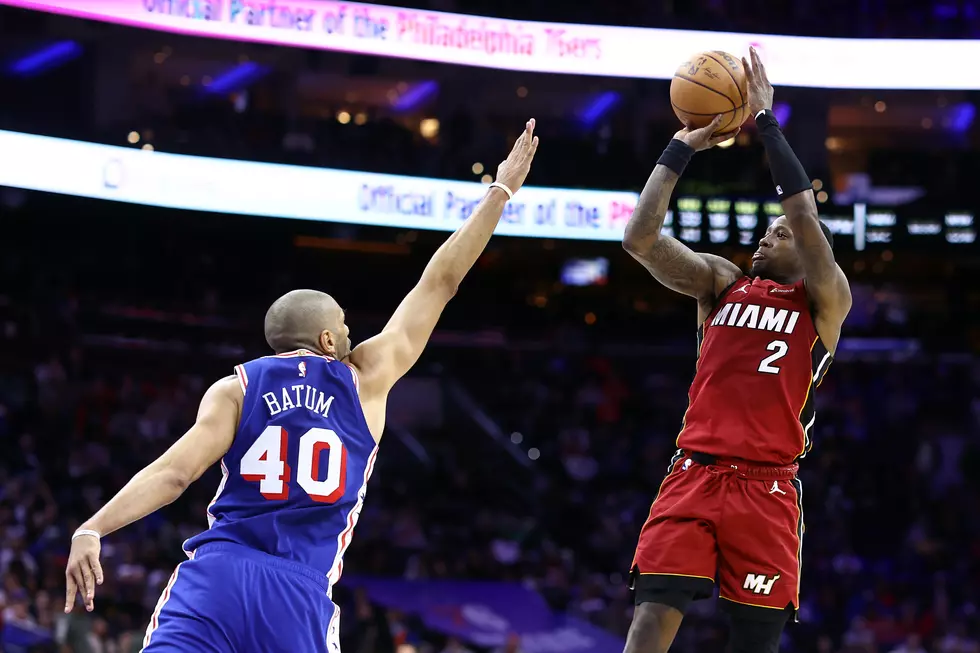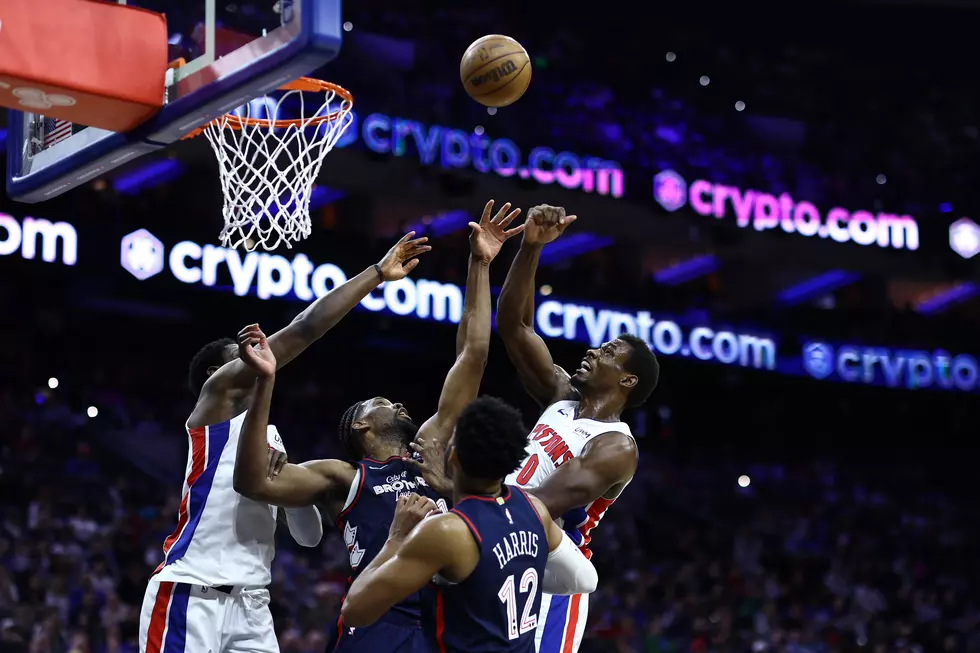
Are the Sixers “Tanking” or ‘Rebuilding”
BOSTON -- You call it "tanking."
NBA commissioner Adam Silver calls it "rebuilding."
That's what the league's new boss said Wednesday when asked whether the NBA needed to do more to discourage teams from pinning their hopes on the draft lottery. Limiting the definition of tanking -- at one point referring to it as "the T-word" -- to intentionally losing individual games, Silver says he doesn't think it exists.
"The coaches and players, or some subset of that group, trying to lose, I don't think that's going on anywhere in the NBA," he told reporters after a speech to the Chief Executives' Club of Boston at a downtown hotel. "And I would take action immediately if I thought it was."
Silver didn't rule out changes that would eliminate the perception that teams aren't trying to win.
"We have a system in place that encourages teams to rebuild," he said after the talk sponsored by Boston College in the hometown of the Celtics, who are among the league's rebuilding teams. "They are responding to the incentives that are built into the system. If the incentives aren't right, we have to change them."
The year's draft is expected to be stocked with superstars like Andrew Wiggins and Jabari Parker, giving teams the hope that they will land a franchise player to lead them out of the lottery.
So when the Celtics traded away Kevin Garnett and Paul Pierce -- and even let coach Doc Rivers walk -- they could at least hope that help would be coming soon. Same for thePhiladelphia 76ers, who after traded away Spencer Hawes and former No. 2 overall pickEvan Turner in February had lost 17 games in a row heading into Wednesday night.
Silver noted that winning the draft lottery is no guarantee of getting back to the playoffs. And he added that having the worst record only gives a team a one-in-four chance of landing the first pick (though this year, with a deeper draft of potential superstars, the team with the worst record would be guaranteed the chance to pick one of them).
Silver said that as long as the players and coaches on the floor are trying to win games, he doesn't have a problem with organizations trying to rebuild. Asked if fans were getting their money's worth for season's worth of games in which their team was hoping to lose, he said fans are usually patient if they think the lottery will pay off.
"Fans want to be part of a vision," Silver said.
Also Wednesday, Silver repeated his goal of changing the "one-and-done" rule that allows college players to enter the NBA after one NCAA season; he would prefer an age limit of 20 years-old. Another option would be for the NCAA to allow players to sign with an agent and be drafted but remain in school.
Silver said he would like to work with USA Basketball and the NCAA on keeping players in college longer, which would help athletes develop into better basketball players. It would also help the NCAA.
"Historically, college basketball has not had a seat at the table," Silver said.
Such a change would have to be bargained with the NBA players' union. Because the union leadership is in flux, Silver all-but ruled out a change for next year.
In what he called the first formal address of his term as commissioner, Silver joked that a month or so ago he wouldn't be allowed into a group limited to CEOs. Several questions from the group were answered by him noting that he's only been on the job six weeks.
But the new commissioner -- just the fifth in NBA history -- clearly entered office with a list of goals. On other topics, Silver said:
• A small percentage of NBA fans will actually attend a game. The league is concentrating on "global, mobile and social" ways to interact with fans around the world, in U.S. cities without teams and with fans of local teams who don't go to games.
• The NBA schedule is too compact to play regular-season games in Europe, or to consider putting an expansion franchise there. The league would probably not expand to the continent until it was ready for a whole division of European teams, he said.
• He has been pleased with the way Jason Collins has been received after joining the Brooklyn Nets and becoming the first openly gay player in a major U.S. sport. Silver said Collins has reported no incidents. "I like the way that, shortly after he joined the team, he became just another player," Silver said.
Copyright 2014 by The Associated Press
More From 97.3 ESPN
